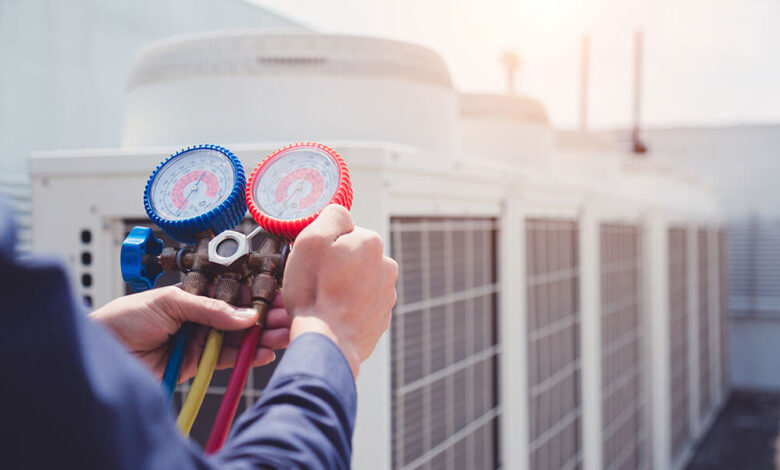What to know before commercial refrigeration installation for your business?

Setting up the right cooling system plays a vital role in various business operations. From food service establishments to pharmaceutical storage, proper refrigeration ensures product quality and safety. The guide outlines critical considerations before setting up your cooling system.
Initial assessment and planning – Foundation for success
-
Space evaluation
Understanding your available space creates the groundwork for a successful installation. Measure the designated area carefully, including doorways, corridors, and ceiling height. Factor in adequate ventilation space and maintenance access points.
-
Power requirements
Electrical capacity assessment proves crucial before installation. Professional electricians evaluate your existing infrastructure to determine if upgrades become necessary. This step prevents future operational issues and ensures optimal performance.
-
Temperature requirements
Different products require specific temperature ranges. Document your exact cooling needs based on inventory types. This information guides the selection of appropriate equipment and helps maintain consistent temperatures throughout operation.
Layout optimization – Maximizing efficiency
-
Traffic flow analysis
Consider staff movement patterns and product accessibility. Strategic placement reduces unnecessary motion and increases operational efficiency. This planning step significantly impacts daily operations and employee productivity.
-
Zone planning
Group similar items requiring identical temperature ranges together. This organization method reduces energy consumption and simplifies maintenance procedures. Proper zonation creates an organized storage system that streamlines inventory management.
The commercial refrigeration installation process requires careful coordination between various professionals. Skilled technicians ensure proper connection of all components while maintaining compliance with local regulations and industry standards. This systematic approach guarantees optimal performance and longevity of the system.

Safety and compliance considerations
-
Health regulations
Food service businesses must adhere to strict storage guidelines. Understanding these requirements helps in designing a system that meets all necessary standards. Regular inspections maintain compliance and protect public health.
-
Building codes
Local building regulations influence installation procedures. Professional installers navigate these requirements effectively, ensuring all modifications meet current standards. This attention to detail prevents future legal complications.
The Commercial refrigeration installation team works closely with business owners to create customized solutions. Their expertise helps avoid common pitfalls and ensures the successful implementation of the cooling system. This collaboration results in efficient and reliable operation.
Maintenance planning – Ensuring longevity
-
Regular service schedules
Establish maintenance protocols before installation begins. This proactive approach extends equipment life and maintains optimal performance. Regular servicing prevents unexpected breakdowns and costly repairs.
-
Emergency procedures
Develop contingency plans for potential system issues. Staff training on basic troubleshooting proves invaluable during minor emergencies. Clear procedures help minimize product loss and maintain business continuity.
-
Documentation requirements
Maintain detailed records of installation specifications and maintenance history. This information assists service technicians during future repairs or upgrades. Proper documentation streamlines maintenance procedures and supports warranty claims.
Cost considerations and budgeting
-
Initial investment
Factor in all associated costs, including equipment, installation, and necessary modifications. Create a realistic budget that includes contingency funds for unexpected expenses. This comprehensive approach prevents financial strain during the project.
-
Operating expenses
Calculate ongoing costs, including energy consumption and routine maintenance. Understanding these expenses helps in long-term financial planning. Efficient systems reduce operational costs over time.
-
Return on investment
Evaluate potential savings from improved energy efficiency and reduced product loss. Modern refrigeration systems offer significant long-term cost benefits. This analysis justifies the initial investment through projected savings.
Success in business operations relies heavily on properly functioning refrigeration systems. Taking time to consider these aspects ensures a smooth installation process and reliable operation. This investment in careful planning pays dividends through improved efficiency and reduced operational issues.

